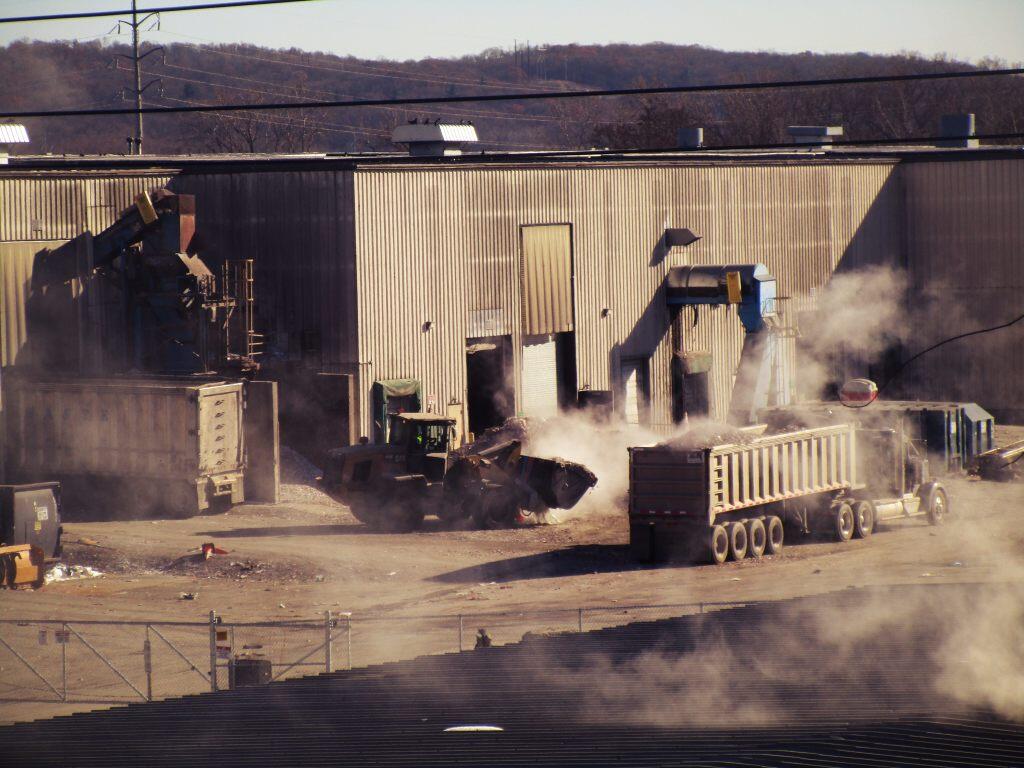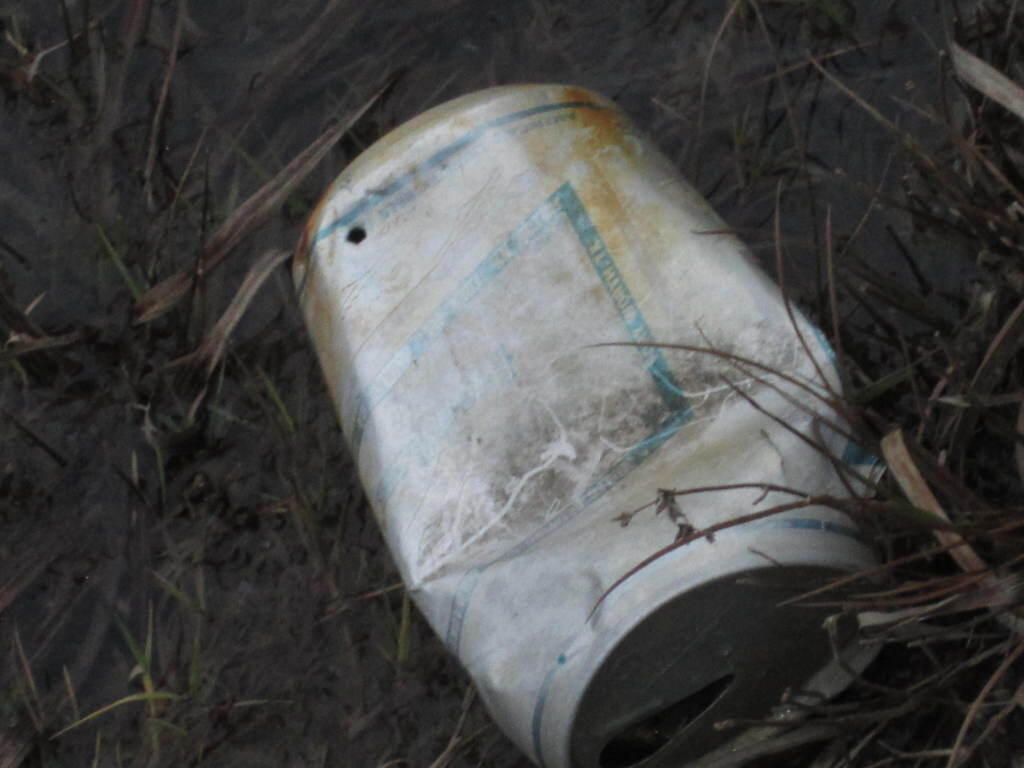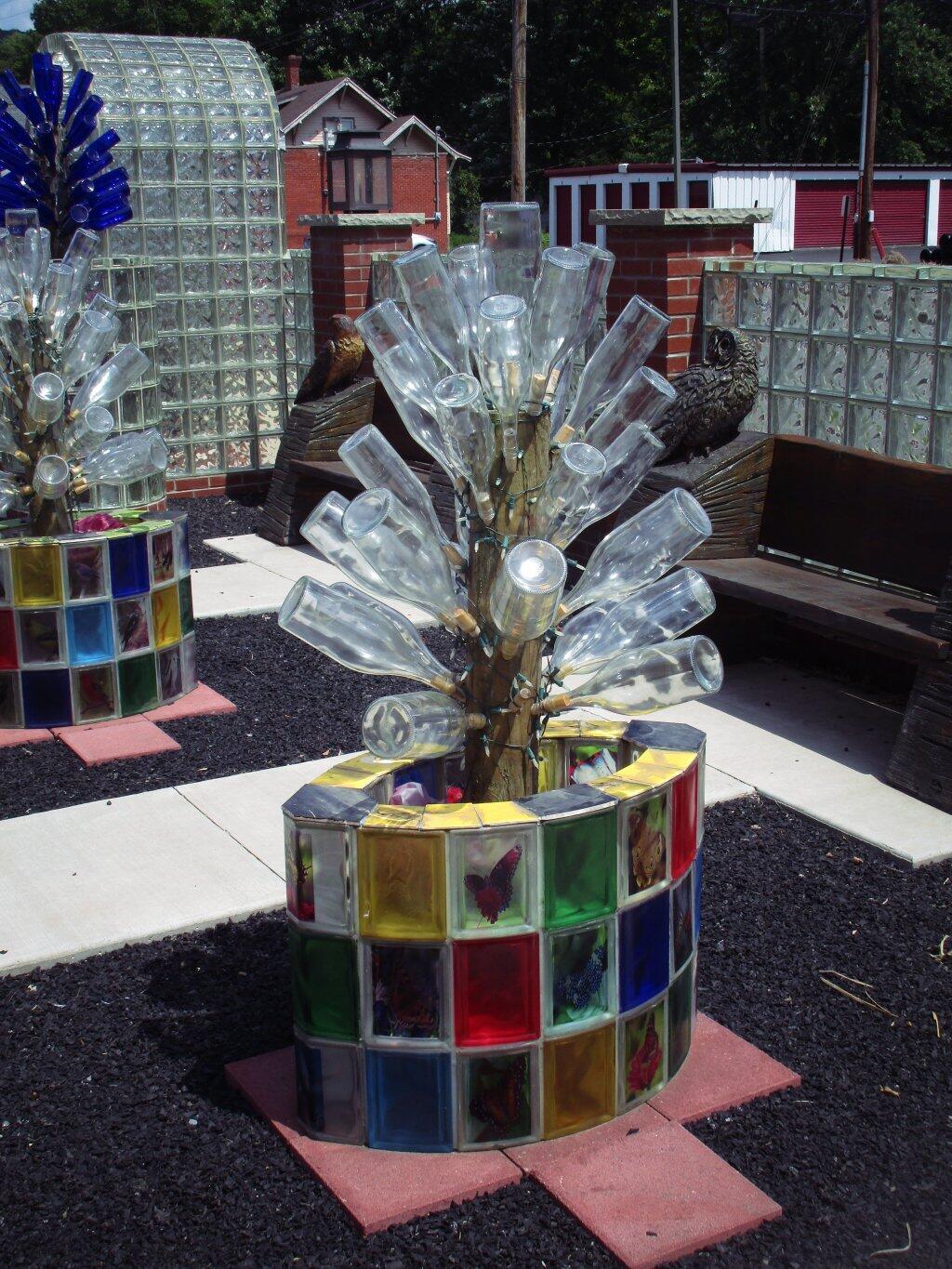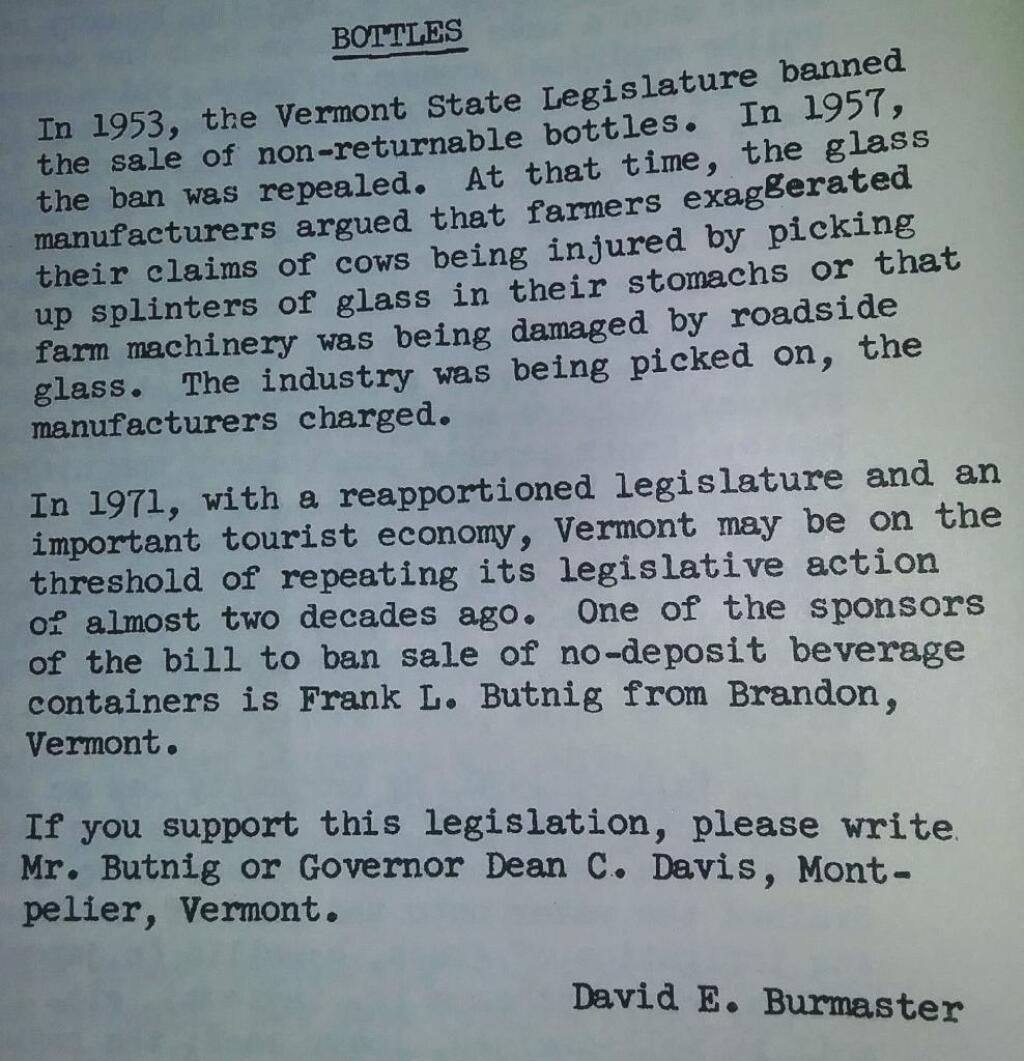The Plastic Industry’s Long Fight to Blame Pollution on You
Plastic production really began in earnest in the 1950s. It’s hard to remember, but we once got along without it. Of course, plastic offered great convenience, and its production skyrocketed. In 1967, when Dustin Hoffman was advised to go into plastics “The Graduate,” there were 25 million tons of plastic produced. These days, we’re making 300 million tons. At this point, the plastics industry is worth $4 trillion and almost half of what it's producing is single-use plastics — things that will be used once and almost instantly become trash.
Public outrage at this problem erupted in 1970, with the first Earth Day, and the industry has been successfully dodging the issue ever since. Through advertising, public outreach campaigns, lobbying, and partnerships with non-profits designed to seem “green,” plastics industry organizations have been blaming “litterbugs” for the growing menace and promoting the idea of recycling as the solution, while at the same time fighting every serious attempt to limit plastic production.



